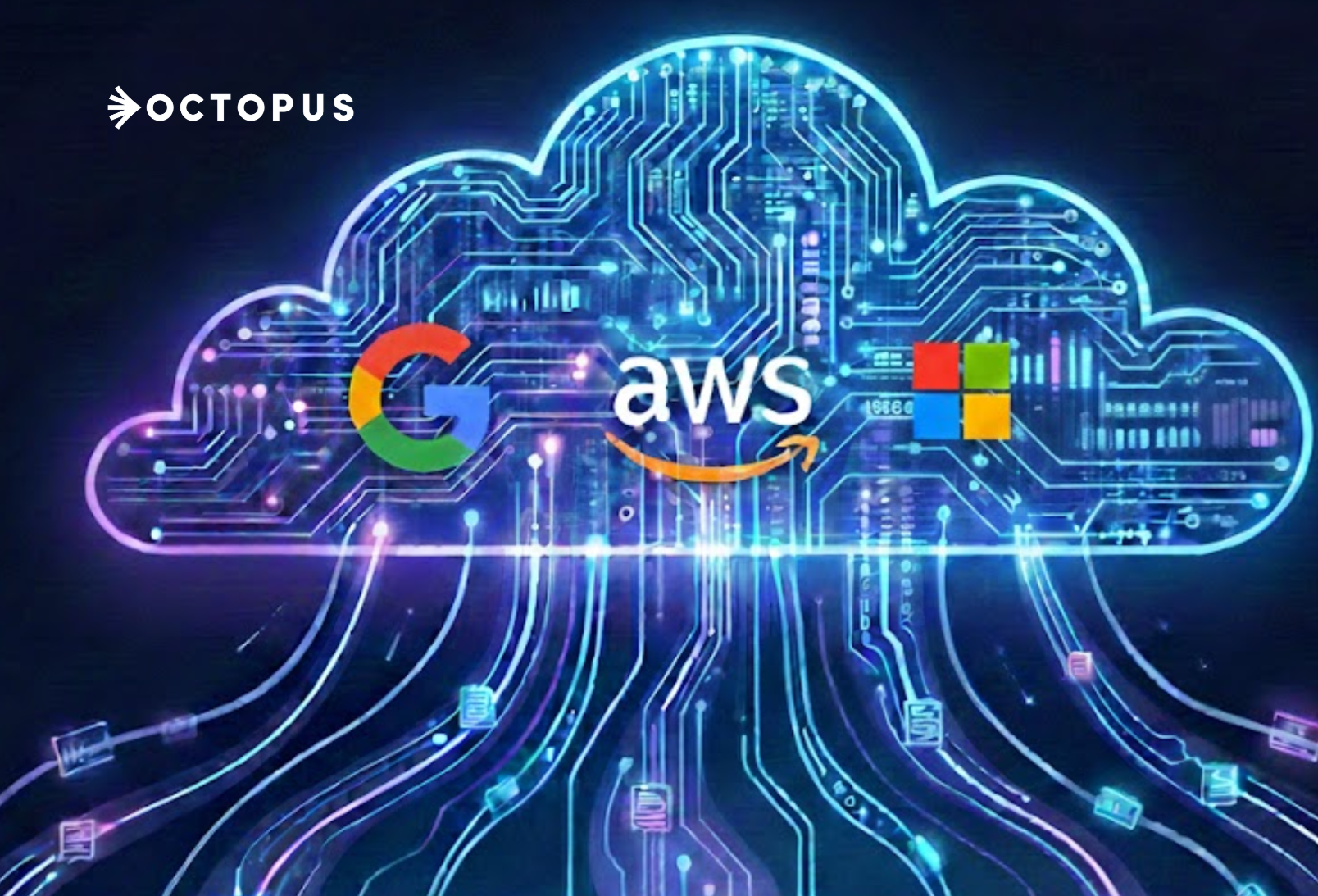When it comes to providing innovative, scalable, and legal software solutions, Microsoft’s Service Provider License Agreement (SPLA) stands as a cornerstone for service providers, managed service providers (MSPs), independent software vendors (ISVs), hosting companies, and cloud solution providers. As the demand for software-as-a-service (SaaS) and hosted solutions continues to soar, so do the complexities of software licensing and compliance. The SPLA program was built by Microsoft to address this challenge—enabling partners to legally rent, lease, and host Microsoft software while remaining flexible and competitive in an ever-evolving technology landscape.
This article offers a clear, practical, and thorough overview of the SPLA program, its structure, features, and the many benefits it brings to businesses and service providers of all sizes.
What is the SPLA Program?
At its core, the Microsoft SPLA Program is designed to empower software providers, technology firms, and service-based businesses to offer Microsoft-based software services and applications to third parties—for a monthly fee, and on-demand. Whether you’re operating a managed IT company supporting many small businesses, or you’re an ISV hosting your own SaaS solution on Microsoft platforms, SPLA provides a legal, scalable way to deliver the latest Microsoft software to customers, without requiring them to purchase or maintain their own licenses.
By separating software procurement from direct licensing and bringing it into a flexible utility model, SPLA helps service providers seamlessly scale their offerings. Providers can rapidly adjust to varying customer needs, scale up or down as clients are added or removed, and never worry about being stuck with expensive, unused software assets.
Key Features of the SPLA Program
Here’s a breakdown of what makes the SPLA unique and valuable for service providers and partners.
1. Term and Linkage
The SPLA agreement has a standard term of three years, making it a medium- to long-term commitment. Crucially, it is tied to the Microsoft Business and Services Agreement (MBSA), an umbrella legal contract covering all of your Microsoft commercial relationships. This linkage ensures legal consistency and simplifies multi-product arrangements with Microsoft.
2. Purpose and Use
The SPLA’s main objective is to grant software use rights that allow service providers to deliver their applications or hosted services to third-party users. This means you’re not just reselling licenses—you’re providing Software Services that can be tailored, packaged, and branded according to your own business model.
For example, a web hosting company can offer shared hosting plans with Windows Server and SQL Server, while a healthcare SaaS startup can run HIPAA-compliant applications using Microsoft software, all under SPLA rights.
3. Flexible Pricing and Minimal Commitment
Unlike traditional volume licensing agreements, the SPLA is not volume-specific. There’s no large upfront purchase required or risk of buying “shelfware” you may never use. Instead, you pay monthly based on actual usage, making it a true pay-as-you-go model.
After the first six months, the only minimum is a modest monthly reporting requirement—set at just €100—ensuring that SPLA works for everyone from startups to large enterprises. This flexibility supports rapid business growth and aligns costs directly with income.
4. Monthly Reporting
SPLA participants must track and report their software usage every month. This recurring reporting keeps Microsoft informed and helps ensure licensing compliance while giving providers granular control and transparency over software spending.
Although monthly reporting may feel like an administrative burden, modern tools like Octopus Cloud help automate this process. Accurate usage data supports better business decisions, budgeting, and resource allocation.
5. Latest Software Versions
One of SPLA’s most compelling draws is the ability to deploy the latest Microsoft software immediately upon release. You’re not stuck with outdated platforms—your end-users get new features, security updates, and performance enhancements as soon as they’re available. This capability sets SPLA partners apart from traditional resellers, providing a valuable competitive edge.
6. License Models
SPLA offers multiple license models, suited to a variety of business scenarios:
- SAL (Subscriber Access License): This is a user-based model, charging per unique user or device each month.
- Core License: Licensing based on the processor cores used, commonly applicable to SQL Server and Windows Server Datacenter editions, aligning costs with consumption.
- Host/Guest License Model: Often used for virtualized environments, allowing flexible assignment of licenses between hosts (physical servers) and guests (virtual machines).
This varied licensing approach ensures that providers can match licensing to actual deployment, optimizing both cost and compliance.
7. Pricing and Availability
SPLA ensures predictable, usually annually updated pricing (“price protection”). Microsoft also offers academic use SKU pricing for eligible educational institutions, often at a substantial discount—great for service providers who target schools, colleges, or universities.
8. Product Downloads and E-Agreements
Products licensed under SPLA can be conveniently downloaded via Microsoft’s Volume Licensing Service Center (VLSC). The onboarding process uses e-agreements, accelerating sign-up and contract management, making SPLA accessible even to geographically distributed providers.
Major Benefits of SPLA
The SPLA program isn’t just about licensing software. It brings a rich range of benefits for internal use, customer demonstrations, testing, and support, each designed to help providers market and deliver better services:
1. Internal Use
SPLA allows internal usage of Microsoft software for operational needs. However, there’s a key stipulation: if more than 50% of the total usage is for internal purposes, providers must report and pay for that extra use. This policy encourages providers to maintain a healthy balance between service delivery and back-office consumption, while ensuring compliance.
2. Customer Demonstrations
Providers can use up to fifty (50) active user IDs to showcase software as part of sales and customer acquisition efforts. These demonstration rights are invaluable when highlighting product features, onboarding new clients, or supporting presales proof-of-concept requests. Importantly, usage for demonstration purposes does not have to be reported as part of monthly SPLA reporting.
Example: A managed services provider can set up demo environments for webinars or in-person demos without facing extra licensing costs, lowering the barrier for new business wins.
3. Customer Evaluations
Potential customers are more likely to buy after experiencing the software first-hand. SPLA lets providers allow end-customers to evaluate Microsoft products free of charge for up to 60 days. This “try before you buy” arrangement can accelerate the sales cycle, build trust, and demonstrate value.
Example: A law firm interested in migrating to hosted Exchange or SharePoint can pilot these solutions, free of charge, for two months before making a final commitment.
4. Internal Evaluation and Testing
For internal readiness, SPLA supports up to 90 days of evaluation and testing after each product download. Providers can test performance, compatibility, and integration with other solutions before putting services into production, ensuring a high-quality offering for customers.
Example: Before upgrading to a new version of SQL Server, a provider can trial the latest build in a test environment for three months, mitigating upgrade risks without incurring immediate license fees.
5. Server Administrators
Up to 20 server administrators per datacenter can access and manage SPLA-licensed environments at a given time. This enables service providers to staff their operations for robust uptime, maintenance, and 24/7 customer support—critical in today’s demanding digital world.
Conclusion: Why Choose SPLA?
Microsoft SPLA, an alternative to Azure Arc, is a powerful and versatile licensing program designed for service providers and hosting companies aiming to deliver Microsoft software as a value-added service. It offers much-needed flexibility, lets providers scale seamlessly with demand, and supports new revenue streams through SaaS offerings, hosting, managed services, and more. With ongoing access to the latest Microsoft solutions, robust support for internal marketing, demos, and evaluations, and straightforward pricing, SPLA continues to be a compelling choice for modern IT businesses.
If you’re looking to launch or expand a hosted services practice in 2026—or need a more agile, usage-based licensing model to stay competitive—understanding SPLA and leveraging its full set of features can lay the foundation for lasting growth and customer success.
For providers, staying compliant, accurate in reporting, prompt disaster recovery, and proactive in leveraging SPLA’s demo and evaluation rights will lead to satisfied clients and increased opportunities. For customers, it means always having access to up-to-date, fully licensed Microsoft solutions from a trusted provider.
Ready to simplify your Microsoft SPLA management and reporting?
Octopus Cloud specializes in helping service providers unlock the full potential of SPLA—streamlining license tracking, ensuring compliance, and maximizing your business efficiency. Our AI-powered SPLA solutions take the complexity out of monthly reporting, eliminate compliance headaches, and let you focus on delivering high-value services to your customers.
Whether you’re just getting started with SPLA or looking to optimize an established program, our team of experts is here to guide you every step of the way.
Get in touch with Octopus Cloud today for a personalized SPLA consultation or a demo of our licensing management platform. Let’s empower your business to grow, compete, and succeed in the dynamic world of Microsoft licensing!
Contact us now or join our community to learn more about our solutions at Octopus Cloud.








